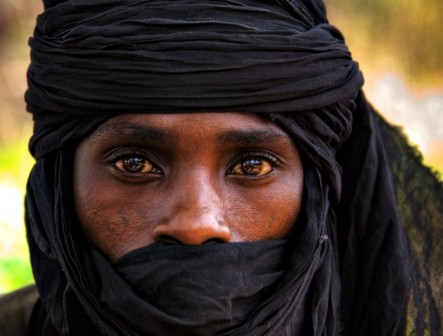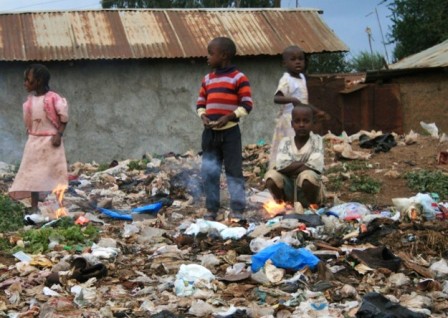Africa: Celebrating 50 Years Of Independence From Colonial Powers
Time Line
The year 1960 marked a sea of change in most sub-Saharan Africa. Fourteen countries in West Africa became free from their French colonial ruler, the Belgian Congo became Zaire, Somalia and Nigeria broke from the control of the vanishing British empire. The new nations were following in the footsteps of Liberia, a state for freed slaves, which had become independent in 1847.
The countries which peacefully accessed independence from colonial rule in 1960 were: Cameroon, Togo, Madagascar, DR Congo, Somalia, Benin, Niger, Ivory Coast, Chad, Central African Republic, Congo, Gabon, Senegal, Mali, Nigeria and Mauritania.
But 50 years later, despite getting rid of the oppression and injustice of colonial rule are the African people better off ?
An Explosive Demographic
International demographic studies predict that in 2050 one in five inhabitants of the planet will be African. Today the proportion is one to seven. In 2009 Africa reached the one Billion demographic benchmark despite disease, wars, and endemic poverty.
Demographic data show that the average African family has 4.6 children, and that people in Africa use less contraception than in any other continents. Around 40 percent of Africa’s population is younger than 15. Life expectancy in Africa remains very low, it is currently at an average of 53 years. Poor living conditions such as lack of proper sanitation, poor health care and an inadequate education system are playing a key role in the very low life expectancy. For example, more than half of the 2.5 million people (see 2ND photo) living in Nairobi, the Kenyan capital, live in slums.
Africa And Women Rights
Since the independence 50 years ago, African women have won some small victories, but there is still however a very long way to go on the road to parity and even basic equality with African men. Although some African women were present at the ground breaking World Conference on Women held in Mexico in 1975, they did not support the demands made by Western feminists. But in 1980, with the campaign “Hands off my skirt” a healthy shift started which allowed debating such issues as genital mutilations.
However in recent years the progress made have partially regressed as women are increasingly the targets of violence in the civil wars that have proliferated on the continent, as witnessed recently by the rape of Guinean women during the gruesome events of September 28, and the systematic rapes committed in DR Congo, in the Central African Republic and in Ivory Coast.
Is A Real African Union Possible?
47 years ago, the Organization of African Unity (OAU) was created, in 2002 it became the African Union. It was originally founded on the key principles of unity and solidarity. However, so far the 53 members states are still struggling to reach agreement on key issues, and the African Union has failed to follow in the footsteps of the European Union which it was attempting to emulate.
By the end of the 1990s, the dream of an African Union was almost dead until Libyan fiery and eccentric ruler Kadhafi proclaimed himself the new champion of the cause of pan-Africanism. The re-birth of the dream of an African Union started in 2001. Its objectives were ambitious and inspired by the process that led to the creation of the EU.
The new African Union is made up of several institutions such as a commission, a parliament, a court of justice, a central bank, a peace and security council for handling conflicts within the Union, and a security council made in the image of the United Nations, but without a right of veto. However, deep divisions between the 53 members still remain despite having this institutional frame work in place.
Needless to say the issues addressed above are closely related and interconnected with the main problems of Africa as a whole: The endemic poverty, the destruction of a fragile ecosystem, and the fight for dwindling resources. The explosive demographic problem of the continent can not be tackled unless African women take control of their bodies and of reproduction. Without a coordinate push, promoted as a policy by the African Union, towards lowering the birth rate; abject poverty, civil wars and conflicts between various countries are unlikely to improve. The accent needs to be put on promoting contraception and women rights despite substantial cultural resistances.
Editor’s Note: Please follow The News Junkie Post on Twitter.
Related Articles















You must be logged in to post a comment Login